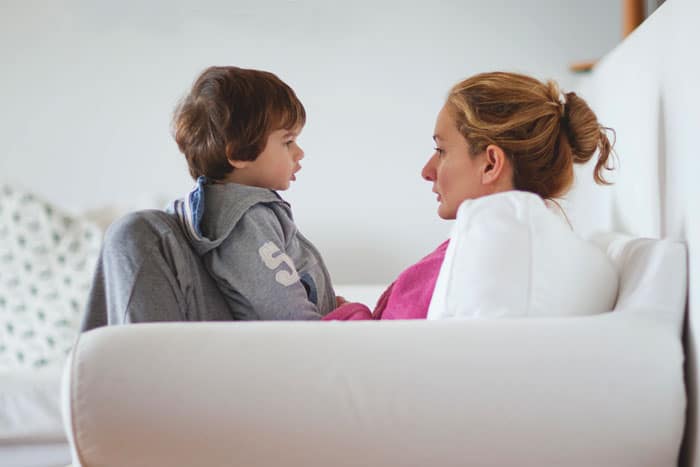 Thanasis Zovoilis/Getty Images
Thanasis Zovoilis/Getty Images Jews around the world have watched with horror as the tragic events in Israel and Gaza have unfolded in recent days. As we worry and pray and watch from afar, Jewish adults in the Diaspora have been left in an unenviable bind: there are no words adequate for this situation, and yet we must speak about the events of the moment—and we must do so with children no less.
Doing this difficult and holy work will require all Jewish adults who care for children—teachers and rabbis, parents and grandparents—to become tightrope walkers, undertaking a series of high wire balancing acts. I’ve spent the last decade studying how Diaspora Jewish children learn, think, and feel about Israel, and based on what I’ve learned from children, I want to name three high wires that Jewish adults must walk in order to speak with children about the greatest Jewish tragedy of their lifetimes.
High Wire 1: Don’t avert kids’ eyes, but don’t let them see.
It’s clear that children pay careful attention to the words and unspoken signals they get from adults, so when adults in a community are grappling with a terrible tragedy, children know. In the digital age, when children also have access to the Internet and often search it from the moment they learn to read, it’s unlikely that we could shield children from the terrible news even if we wanted to. But it’s also clear that when children have access to violent videos and photographic images of gruesome events, they can experience trauma even if they are not in any physical danger. I call this “remote trauma,” both because the events children watch are far away and because they’re often accessed with a remote control or computer trackpad. The job of adults is, as best as we can, to shield children from experiencing trauma.
Walking this high wire means that we can neither pretend around children that all is as it should be, nor can we allow children to perseverate over gruesome events or watch them on repeat. This requires that we provide opportunities for children to learn about, hear about, and process tragic events while also guiding them away from graphic images and videos.
Children need adult guidance in helping them understand both the context and the consequences of violent current events. Yet adults who offer that guidance must do so without undermining the magic of childhood.
High Wire 2: Help kids understand the world as it is and the world as it should be.
Children need adult guidance in helping them understand both the context and the consequences of violent current events. Yet adults who offer that guidance must do so without undermining the magic of childhood, which includes children’s wonderful ability to see the future as hopeful even if the present is bleak. If adults fail to help children understand the world as it is, children are likely to be left with big questions and troubling misconceptions. If adults fail to help children envision the world as it should be, children may come to understand the world, but will lose the impetus to reconstruct it for the better.
Any attempt to walk this high wire—helping children understand this difficult moment and holding space for children’s optimism for a better future—must simultaneously embrace our painful reality and the power of hope. Walking this fine line means acknowledging the darkness of this moment and working with children to bring light into the world. This may involve collecting money for an Israeli organization, writing cards of support to children in a sister city, or offering heartfelt prayers for the injured, captive, and grieving. Children should also be offered a chance to think of their own ideas about how they might bring help or comfort to others at this difficult time, because sometimes their ideas are more powerful than ours.
High Wire 3: Make Sense of the Senseless
When we give children the opportunity to voice their own thoughts and concerns about this moment, they will no doubt ask big and difficult questions: Why did this happen? When will it end? Who is to blame? Even if it might initially sound like children are asking us to be political pundits, it’s much more likely that they are actually asking questions of theodicy: Why do bad things happen?
Any truthful answer must recognize the limits of our own understanding. We can offer children no good reason for the current tragedy precisely because there is never a good reason for acts of terror. All we can do is offer to sit with children—to take seriously their thoughts and ideas, their hopes and fears—and not to answer for children the questions that are, in the end, unanswerable.
Walking these high wires will require nerves of steel and continual adjustments as we assess each moment. And it will require us to do so while juggling care for children and the self-care necessary to let us be present for them. And yet walk them we must. There is no other path.
Sivan Zakai, author of My Second-Favorite Country: How American Jewish Children Think about Israel, is the Sara S. Lee Associate Professor of Jewish Education at the Hebrew Union College-Jewish Institute of Religion.






















 More news and opinions than at a Shabbat dinner, right in your inbox.
More news and opinions than at a Shabbat dinner, right in your inbox.